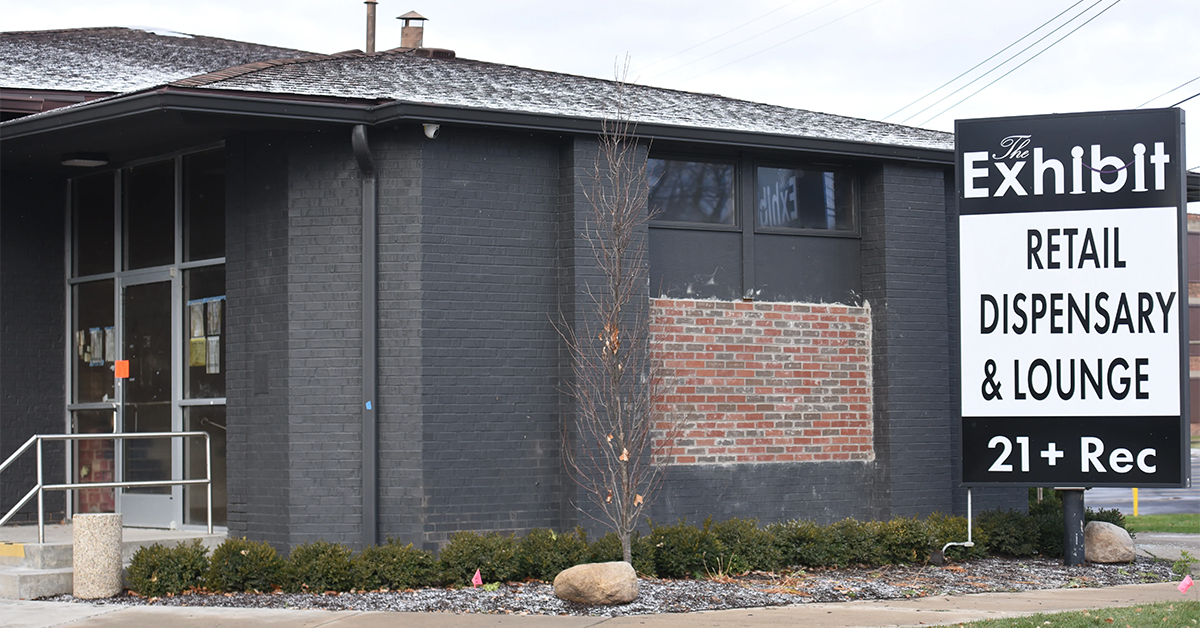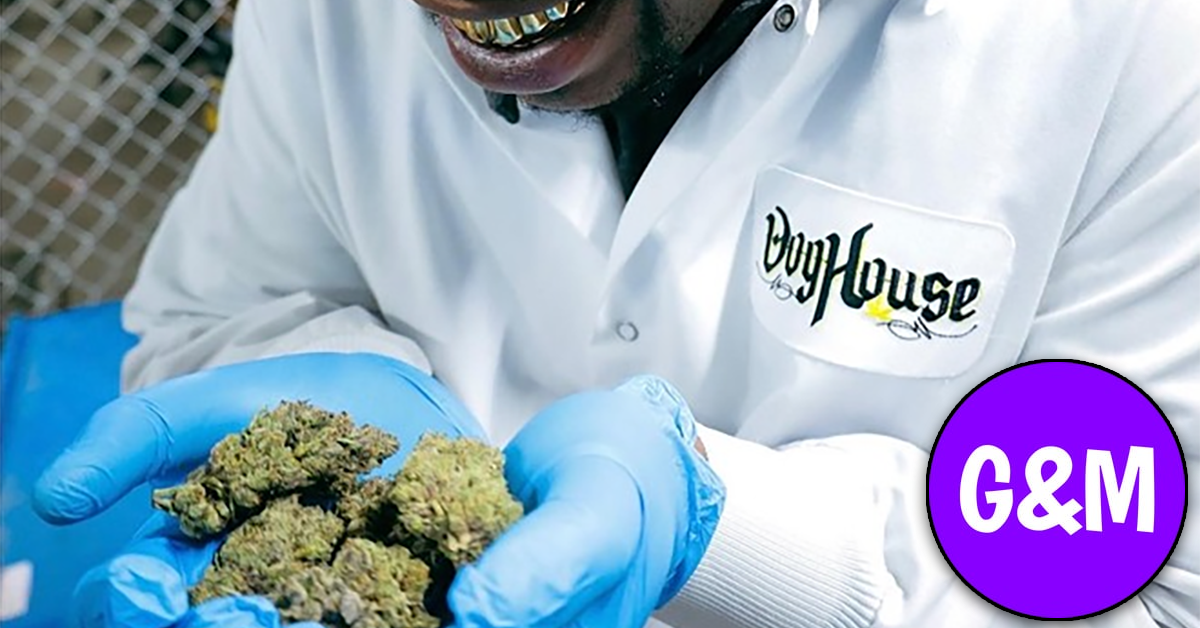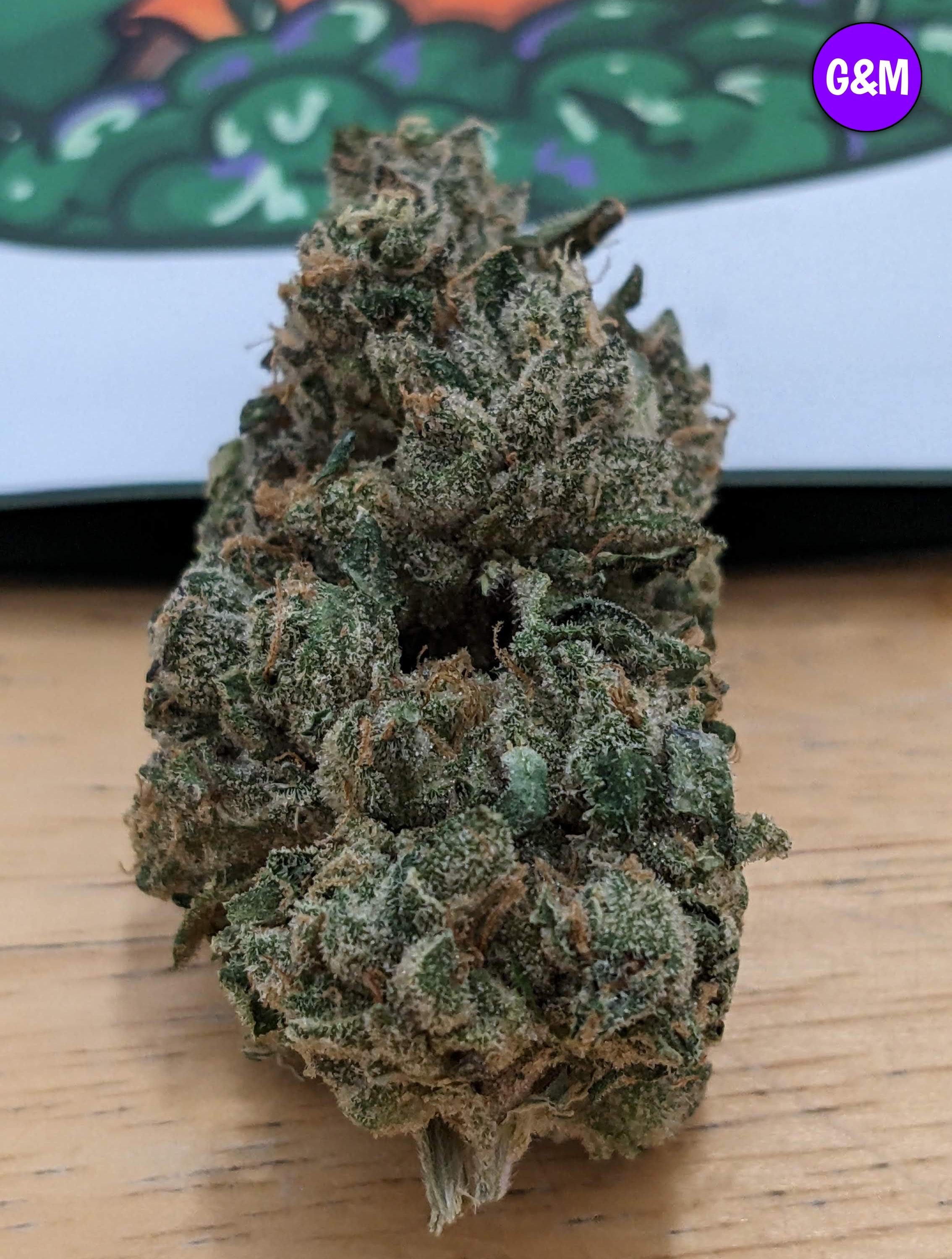Michigan's Rising Star in the Cannabis Market: Growth and Consumer Trends

In a remarkable display of growth, Michigan's cannabis market has swiftly risen to become the second-largest in the United States, trailing only California. Within a span of four years, the state has developed a highly competitive market landscape, evidenced by over 2,100 active adult-use licenses, including 1,050 for growers and 734 for retailers. This rapid expansion is highlighted by the issuance of an additional 72 grower licenses between June and October.
The robustness of Michigan's market is further underscored by its substantial sales figures. Since June 2023, the adult-use sector has consistently generated over $250 million in monthly sales, indicating both growth and maturity in the market.
Consumer Trends: A Shift Towards Legalized Cannabis
Michigan's cannabis industry is increasingly attracting consumers, offering diverse products at competitive prices. Madeline Scanlon, a cannabis insights manager at Brightfield Group, notes a significant trend: the reduction in retail prices for an ounce of flower to under $200 in late 2021 significantly bolstered legal recreational market purchases. By the third quarter of 2023, with prices averaging around $100 per ounce, approximately 75% of consumers were patronizing recreational dispensaries. This trend also correlates with a decrease in the illegal market's share, which fell from 50% to 37% during the same period.
Demographic Insights: Who are the Consumers?
The Brightfield Group's data provides fascinating insights into the demographics of Michigan's adult-use cannabis consumers. Notably, women constitute the majority at 56%, with a substantial representation from Gen Xers and Baby Boomers, who make up 40% of the consumer base. Preferences among these consumers are clear, with flower (69%) and pre-rolls (67%) being the most popular choices, followed closely by gummies. Despite the affordability, a significant 80% of recreational shoppers prioritize price over other factors such as taste, effect, or dosage.
A Diverse and Competitive Business Landscape
Michigan's cannabis industry is marked by intense competition among brands and retailers, each striving to differentiate itself with unique product offerings. This competitive environment has led to a staggering $6.4 billion spent on recreational cannabis since December 2019. Local brands, such as Lume Cannabis Co., contribute to this diversity, while multistate operators (MSOs) like PharmaCann, Ascend Wellness Holdings Inc., and Cresco Labs Inc. add to the competitive intensity with their comprehensive product ranges.
Market Impact and Future Outlook
Michigan's cannabis market is not only growing but also impacting consumer behavior and economic prospects. According to Brightfield's study, 23% of Michigan residents have purchased cannabis in the last three months, surpassing the national average. This expansion reflects a broader trend towards normalization and acceptance of cannabis, fostering an environment conducive to innovation and increased government revenue. The growing number of operators suggests a future of more accessible and affordable cannabis products, promising continued growth and evolution in the sector.
Exhibit Dispensary & Lounge in Port Huron Suffers Accidental Fire Pre-Opening

The Port Huron Fire Department recently declared that a fire at the Exhibit Dispensary & Lounge, located at 1033 River St., occurred accidentally. According to a press release issued on Monday by the department, the fire was sparked by improperly discarded smoking materials in a trash receptacle.
Fire Chief Corey Nicholson identified the cause more specifically as a discarded cigarette. He confirmed that there was no marijuana present in the establishment at the time of the incident. This clarification comes as the Exhibit Dispensary & Lounge was gearing up to become one of the first venues in Port Huron to sell recreational marijuana.
The fire broke out on November 26th, just ahead of the dispensary's anticipated opening. The timely response of the Port Huron firefighters was crucial in saving the structure from more severe damage. However, Lieutenant Matthew Oleaga of the Port Huron Fire Department noted that the building sustained smoke damage. Fortunately, there were no injuries reported as a result of the fire.
Mark Aubrey, who operates Exhibit Cannabis, had previously expressed intentions to inaugurate the business by year's end. As of now, Aubrey has not publicly commented on the potential impact of the fire on the dispensary's opening schedule.
Traverse City's Recreational Cannabis Industry Half a Year Later: A Flourishing Market Amid Challenges

Traverse City, known for its picturesque landscapes and vibrant tourism, ventured into the recreational cannabis market nine months ago, marking a significant shift in its economic and cultural landscape. This transition comes after a long period of anticipation, following the statewide legalization of adult-use cannabis in Michigan and a subsequent delay in the implementation of local regulations.
Nostalgic Vibes and Indica Highs in Sheefy McFly's CRUD

Gas & Middies recently reviewed the unique cannabis strain "CRUD," created in collaboration between Detroit visual artist and musician Sheefy McFly and Doghouse.
Release and Availability
Launched on Detroit Day (3/13), CRUD became available at Quality Roots, Cloud Cannabis, LIV Cannabis, and other Michigan dispensaries.
Background
Sheefy McFly, renowned for his visual art displayed at places like the Monroe Street Midway, is venturing into the cannabis industry. His strain, CRUD, is part of a broader lifestyle brand developed with Doghouse, reflecting his Eastside Detroit roots and creative flair.
Design and Concept
Emphasizing '90s nostalgia, McFly designed CRUD's packaging to resemble a cereal box, complete with collectible stickers and interactive elements like mazes or connect-the-dots games.

Strain Characteristics
- Type: Indica-dominant hybrid
- Taste: Distinct, not overly earthy, reminiscent of Runts but heavier
- Effects: Balanced high, functional
- THC: 26.96%
- THCA: 30.14%
- CBD: 0.07%
Appearance, Smell, and Taste
CRUD features decent-sized nugs with an OG, spicy gassy smell. The taste mirrors the smell but is more muted.
Overall Impressions
The strain, while better than its name suggests, offers a classic earthy smell and taste without a significant wow factor in terms of terpenes. It's a solid choice for those seeking a balanced experience but may not stand out for enthusiasts seeking extraordinary flavor profiles.

Final Thoughts
CRUD, priced as a premium hype brand, delivers a satisfactory experience, though it may not fully justify its premium over standard offerings. While the strain itself didn't hugely impress, it certainly highlighted Sheefy McFly's diverse artistic talent.
This review is a condensed version of the original, which can be found on Gas & Middies. Your source for Michigan cannabis reviews & information. Finding the gas ⛽ through all of the middies 🥱
Sterling Heights Duo Receives Key Approval for Marijuana Facility in Lapeer

Sterling Heights residents Calvin Butrus and Fadi Syoufjy received approval from the Lapeer Zoning Board of Appeals (ZBA) for a parking space variance on Monday. This decision is a crucial step in their plan to establish a marijuana cultivation facility at a site previously occupied by Lapeer Ultimate Linings on Imlay City Road. The property, zoned I-1 Industrial, currently hosts a 6,150 square foot building.
The variance was necessary due to city and state regulations that require marijuana grow facilities to have a minimum of 15 parking spaces. Butrus and Syoufjy sought a reduction of nine spaces, intending to provide only six at their facility, named Farmboyz. The duo, who will primarily run the business, plans to carpool, utilizing just one parking space. They do not anticipate hiring many employees or requiring extensive parking for deliveries.
Their request was backed by the city's planning consultant, who pointed out the unique limitations of the site, including a large right of way for Imlay City Road and a railroad right of way, which restricts expansion of parking areas. Despite efforts, the applicants were unable to secure a shared parking agreement with neighboring properties. Adjacent to the site are Taylor's Family Car Care, a vacant parcel, and a marijuana processing facility, formerly Ray C's Extreme Store.
Lapeer city has authorized six marijuana dispensaries but has not capped the number of licenses for marijuana cultivation, processing, and transportation within the community. In a related development, the Lapeer Planning Commission is set to review a site plan for an 11,480-square-foot organic medical marijuana facility on Genesee Street. This project, initially approved in November 2021, is positioned between Arnold's Car Wash and the Exclusive-brand marijuana dispensary, with two residential duplexes nearby. The applicant must seek an extension or re-submit a new site plan if substantial progress is not made within a year of the original site-plan approval.
Rick Johnson Starts 55-Month Sentence in Federal Prison for Bribery Scandal

Former Michigan House Speaker Rick Johnson, aged 70, has begun serving a 55-month sentence at a federal prison in Minnesota, following his conviction in a bribery scandal that tainted Michigan's marijuana industry. Johnson, once a prominent Republican lawmaker and later a key figure in regulating the state's marijuana sector, was confirmed as an inmate at the FPC Duluth, a minimum-security facility located near Lake Superior, as per the latest inmate database.
Before his fall from grace, Johnson was a powerful figure in Lansing. His journey from a lawmaker to a lobbyist and eventually the chief regulator of Michigan's burgeoning marijuana industry came to an ignominious end after he was found to have received over $110,000 in bribes. His tenure as chairman of the medical marijuana licensing board from May 2017 to April 2019 was marred by these illegal transactions, involving marijuana lobbyists and a businessman. Notably, these bribes included encounters with a sex worker, who referred to him as "Batman."
Johnson's incarceration follows an unsuccessful bid to reduce his prison time and a request to serve part of his sentence under house arrest, citing health concerns from recent heart bypass surgery. He had been granted a postponement to begin his sentence in late October, but U.S. District Judge Jane Beckering refused a further delay. Johnson's attorney, Nicholas Dondzila, had argued for an extension until February 1st, 2023, citing ongoing medical needs and potential treatments that would pose a financial burden on the Federal Bureau of Prisons.
This case marks the most significant public corruption scandal in Michigan's capital in three decades. Johnson was accused of manipulating the state marijuana industry, an action Judge Beckering described as an "unfettered abuse of power." In April, Johnson admitted to accepting bribes to influence his decisions on the licensing board.
Three other individuals, including two lobbyists and a businessman, also pleaded guilty in the bribery scheme but have yet to begin their prison sentences. Lobbyist Brian Pierce is serving a two-year sentence in Pennsylvania, while lobbyist Vince Brown is serving 20 months in a separate federal facility in the same state. Oakland County businessman John Dawood Dalaly is serving a 28-month sentence in West Virginia.


 Helpful Links
Helpful Links